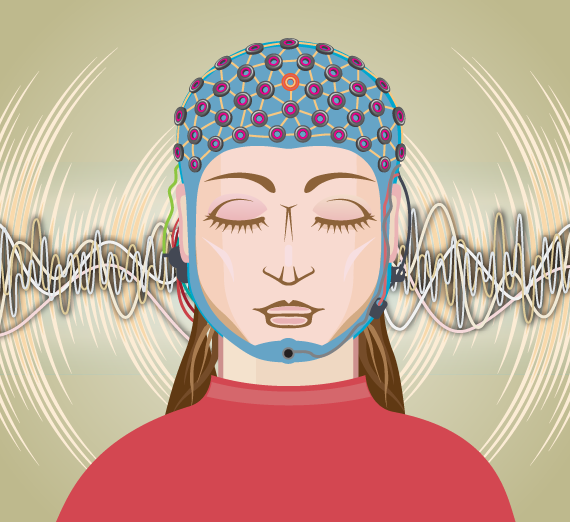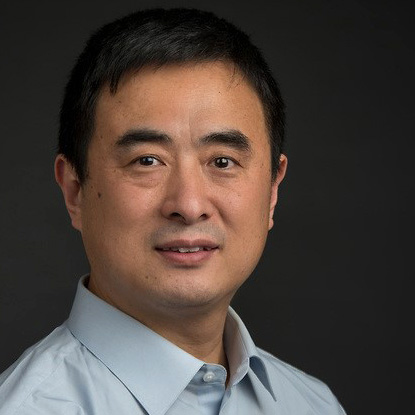
Combine your passion for technology and healthcare to make a real difference in people's lives. Biomedical engineering systems are special tools, machines, and computer programs that are used in healthcare to help doctors and improve patient care. They include medical devices, imaging equipment, and computer software used for diagnosing and treating diseases. Biomedical engineers use their skills to create innovative solutions that make medical procedures safer, more accurate, and more effective.
What can you do with Biomedical Engineering Systems?
The field is rapidly evolving, with many high-paying opportunities for individuals with the right skills and expertise.- Biomedical Engineers can work with teams to design and develop medical devices, equipment, and software systems.
- Medical Device Engineers ensure that equipment meets regulatory standards, is safe, and performs effectively.
- Biomedical Data Scientists analyze and interpret large sets of healthcare data to derive insights and develop predictive models to improve patient outcomes and optimize healthcare processes.
- Clinical Applications Specialists work closely with medical professionals, helping them to effectively use complex technologies--a role that needs a strong understanding of both the tech and the clinical applications.
- Research and Development Engineers in the biomedical field explore new technologies and develop innovative solutions to healthcare challenges.
What you'll study in Biomedical Engineering Systems
Topics in biomedical instrumentation include medical devices and sensors, signal processing to analyze and interpret biological signals, and medical imaging to comprehend various imaging modalities like MRI and CT scans. Students also study programming, data analysis, and design principles to develop software and hardware for healthcare applications.

